Why I Hate… Resident Evil 4
Contains scenes of violence and snore.
Resident Evil 4 is to Resident Evil what the drearily disappointing Final Fantasy XIII was to the FF series. It elevates the accessible action parts and dumbs down the bits that made you think. It's what happens when a gamer's series is rejigged for a mainstream audience, and it isn't true to its roots.
At their core, the original Resident Evil games had much in common with traditional point-and-click titles. The controls were real-time rather than mouse based, but for all intents and purposes you were still visiting areas in a hub-based environment, picking up items and working out where they went in order to progress.
To get around, you'd pull up a map and carve the quickest lines between the undead horde. During your journey you'd encounter a thoughtfully-created backstory. This was told through intelligently-placed files which fleshed out the gameworld, making the Romero-esque scenario more believable.
Combat was rudimentary and there to add colour to your journey without being the main focus. Every so often you'd come across a linear section, ripe for exploration and awash with answers, before the next big hub. Your enemies might have been undead but the world felt lived in.
Advancing console technology presented a huge opportunity to organically evolve each of those elements and create a truly next-gen Resident Evil. Imagine a gameworld as cohesive as Liberty City, one where puzzles were less contrived and promoted exploration.
Within this landscape you'd face grotesque monsters, fighting for your life in pitched battles using responsive new shooting mechanics. All the while, you'd uncover further layers of a conspiracy which would overshadow everything that had come before.
Evolved point-and-click elements, intelligent world building and innovative shooting would take the series in a brave new direction - one which would make creative as well as commercial sense.
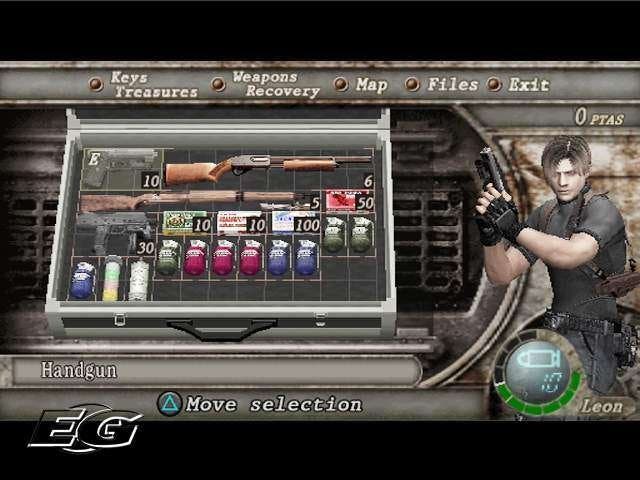
At least Resi 4 got the shooting engine right. As for the rest? One contrived linear corridor after another, dressed up as one cool action movie cliché after another (does anyone know why that statue came to life, exactly?).
These were interspersed with the occasional mini-hub where puzzle pieces presented themselves within a stone's throw of the actual puzzle, so there was never any real thinking involved. Notes weren't there to be discovered - they were left lying around so conspicuously they couldn't be missed, as if tossed into levels at the last minute.
Puzzles and notes are hub game conventions. In a linear action game they just felt forced. So why were they there?
For my money, because Capcom couldn't decide which conventions were essential to Resident Evil as a brand and which should be abandoned. This would also explain why the hardened government operatives of Resis 4 and 5 can't aim and run at the same time, a feat even weedy writer Alan Wake can manage.
Don't even get me started on the Merchant. Who thought a comedy leper with a West Country accent was a good fit for an immersive survival horror game? Give me linked item boxes any day; they're less distracting and I don't have to offset the very real chance of breaking my game against the overwhelming urge to shoot them in the crotch.
Which brings me back to Metal Gear Solid. The PSone instalments in the series were stealth games. The PS3 iteration is, astonishingly, also a stealth game. Sneaking has been streamlied via OctoCamo and a camera, while controls cater to action gamers. New converts are thus brought on board without alienating anyone. Even MGS 4's own Merchant, Drebin, is explained in the story. This is how to do a sequel.
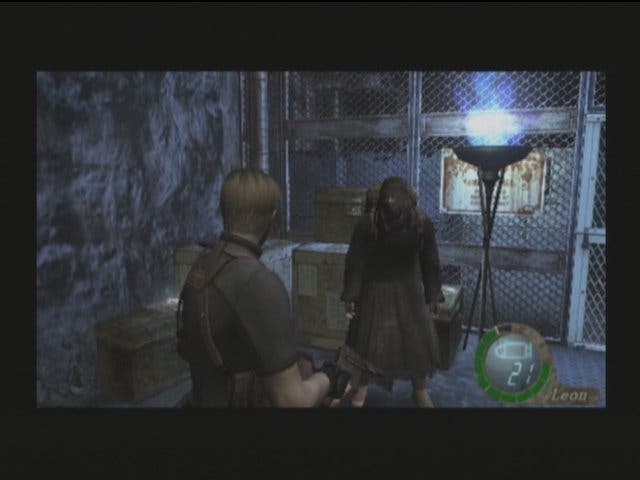
In contrast, Resi 4 saw a series stuck in a rut go so far to the opposite extreme it became barely recognisable, aside from a few superficial similarities - returning characters, so-bad-it's-brilliant voice acting and a surplus of potted plants.
What was once a slow, tense, puzzle-led experience was transformed into a series of tacked-together Cool Gaming Moments. Resi 4 feels like the product of ten different minds in a super-macho staff meeting, rather than the singular creative vision of one man.
On a purely mechanical level, it is a remarkable game. It deserves the plaudits received and can rightly be held up as the landmark title which gave us Gears of War et al. In that respect, Capcom nailed it.
But here's the big problem: Resident Evil 4 is not a Resident Evil game. And that's the one thing it should have been, above all else.
It's the best example of the worst way to update a big franchise - discard the features which defined the brand in the name of appealing to the mainstream, while retaining just enough superficial consistency to appease players who don't bother to look beneath the surface.
This represents fractured integrity and a shocking, bare-faced display of short-term reactionary thinking with regard to what should be a cast-iron gaming icon. It baffles me that so many people think this was a good thing.
The fact Capcom is already talking about another reboot, just one direct follow-up later, speaks volumes. Apparently we can expect a return to the exploration and mystery of old. With any luck that will be married with some fresher, better balls-to-the-wall action, and then we'll have a sequel worth waiting for.
Until then, I view Resident Evil like a T-Virus victim: ambling, grotesquely mutated and to be approached with caution.
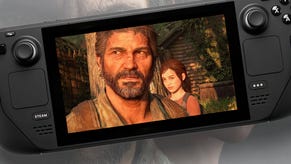

.png?width=291&height=164&fit=crop&quality=80&format=jpg&auto=webp)
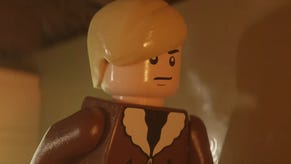
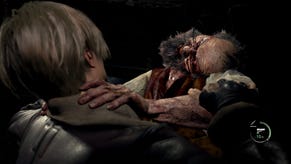
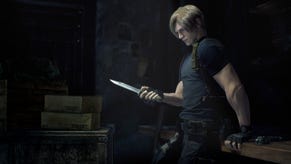
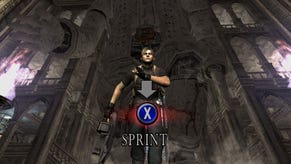
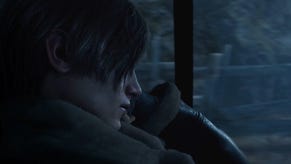
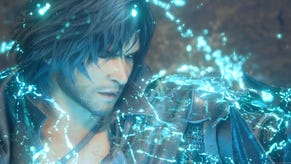

-3-31-23-screenshot.png?width=291&height=164&fit=crop&quality=80&format=jpg&auto=webp)




